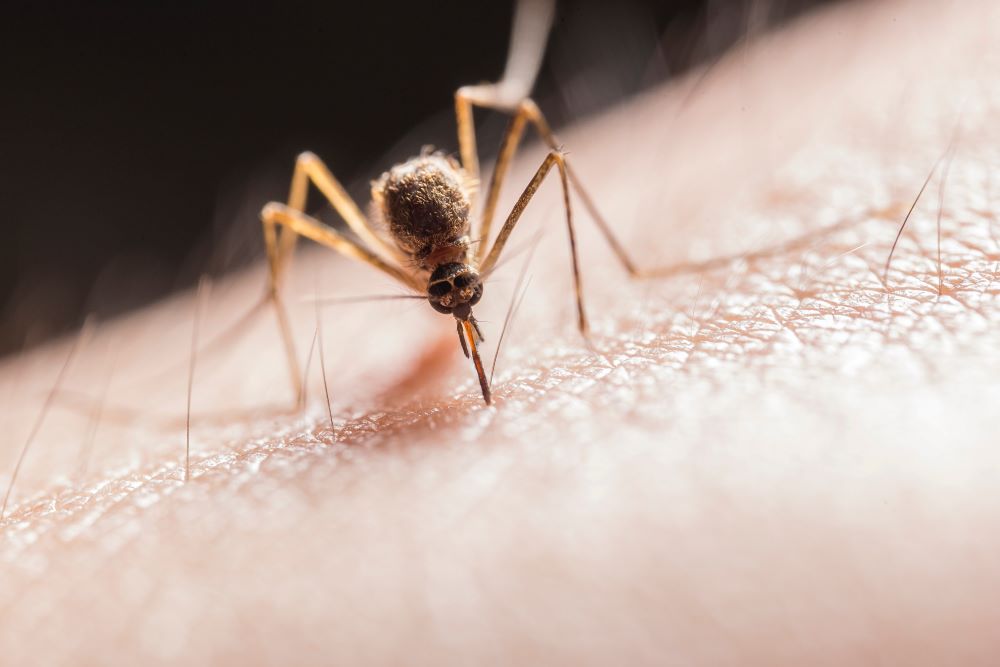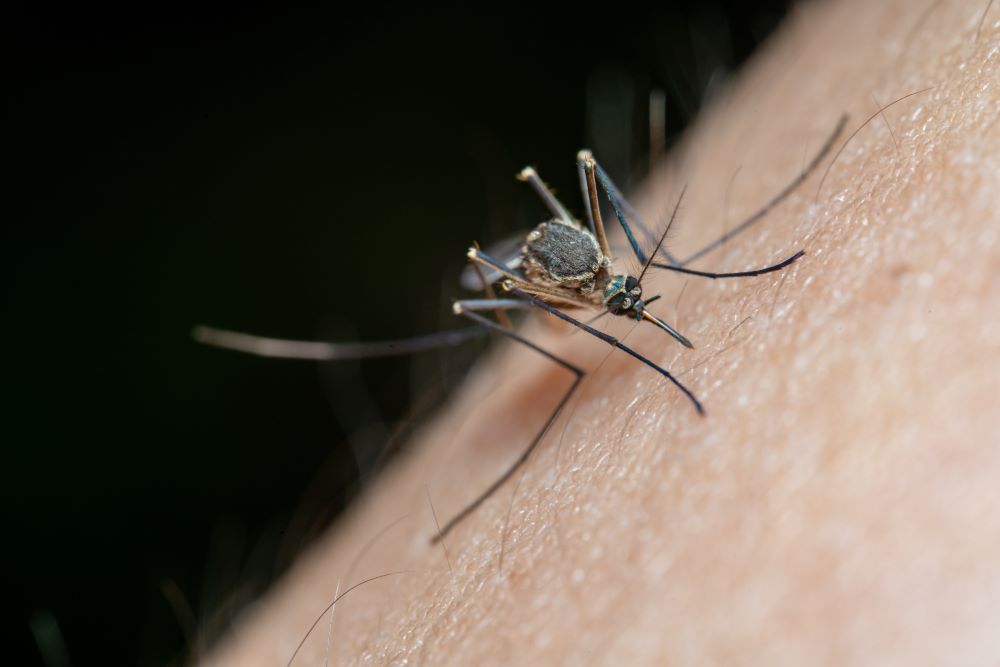Experts are concerned about recent U.S.-based malaria cases.
In the field of public health, an unexpected turn of events has drawn attention to a disease that had mostly slipped from the minds of the American people. The resurgence of malaria outbreaks in the United States, particularly in cases where the individuals had not traveled abroad, has ignited a sense of urgency and a call for renewed vigilance. With a total of nine locally acquired cases of malaria reported within U.S. borders in 2023, health experts are sounding the alarm and emphasizing the need for comprehensive mosquito surveillance and heightened awareness.
Efforts involving insecticides and the eradication of standing water, the favored breeding grounds of mosquitoes, culminated in eliminating mosquito-borne illness from the U.S. in the early 1950s. However, since then, the majority of cases in the U.S. has exceeded 2,000 each year when people return from international travel. A case of malaria from local soil hadn’t been reported for two decades before now.
In 2023 alone, nine cases of malaria outbreaks have been identified on U.S. soil; one in Texas, seven in Florida, and one recent case detected in Maryland. The patient, who remains anonymous, was hospitalized and is currently recovering, according to the Maryland Department of Health.
While authorities in public health persist in asserting that the likelihood of Americans contracting malaria remains considerably marginal, certain officials say that the nation should intensify its scrutiny of the particular type of insects responsible for malaria spread: Anopheles mosquitoes.

“We have not been tracking them in the United States because we haven’t been worried about them,” said Dr. Photini Sinnis, an expert at the John Hopkins Malaria Research Institute in Baltimore.
According to Dr. David Blythe, the director of the Maryland Department of Health Infectious Disease Epidemiology and Outbreak Response Bureau, the strain the mosquito gave to the patient in his state is different than the one given to patients in both the Florida and Texas Cases.
“One of the ways that this could happen is that a person who has traveled to somewhere where malaria is more common gets the infection and comes back to Maryland, a mosquito bites that person and then bit someone else who hasn’t traveled,” Blythe said.
“We’ve had these cases in the past because these mosquitoes are here. It’s a low probability of events, but they can happen,” said Dr. Sinnis. “But when they start happening more frequently, you say, ‘Maybe things are changing. Maybe this is here to stay.”
Counties all over the U.S. have been trapping and studying mosquitoes with the intent of learning more about them. Since mosquitoes infect thousands of people each year, there is a widespread effort to continue research on them. Many other insects are caught in these traps, and most mosquitoes, including anopheles mosquitoes, are discarded. That’s because some programs just don’t have the funding to study them due to their rarity.
The best protection against mosquitoes, specifically anopheles mosquitoes, is insect repellant. Lemon eucalyptus oil works really well, and this should be applied in the morning and at night when mosquitoes are prominent.
Most people are at risk of being exposed to malaria outbreaks because those who have never been infected with it are most prone to it. However, the risks of being infected with malaria specifically are minuscule.
“The time to think about the next mosquito-borne disease is not when we find a sick person. It’s now,” said Dan Markowski, technical adviser to the American Mosquito Control Association, a nonprofit organization that represents groups monitoring mosquito activity.
Sources:
Maryland Department of Health Press Release
Malaria has spread in a 3rd state. Here’s what Utahns should know


Join the conversation!